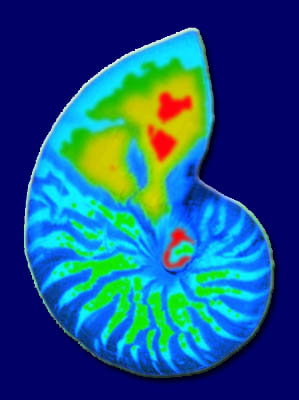
Comments: download file (pdf
)
Ref.: Int. Conf. on Underwater Acoustic Measurements,
Heraklion, June 2007
Abstract: Passive Time Reversal (pTR) is an emerging
technique for underwater communications where a channel probe is sent
ahead of the data packet. The channel probe must be captured in a time
window for post crosscorrelation with the data. The Signal to Noise
Ratio (SNR) of pTR, and hence the detector error rate, will be
dependent on the starting point and duration of this time window.
Typically the beginning and length of the time window should depend on
the time dispersion of the acoustic channel which, in turn, depends on
the environment properties and on the experimental geometry. Heuristic
reasoning would suggest that if a short time window fails to include
all significant multipath it will result in imperfect focusing, while
an overly long window will reduce the efficiency of the communication
system by introducing additional noise in the pTR system. That problem
calls for an optimization that has previously been addressed only
heuristically. In order to bring the pTR capabilities to a practical
modem the engineering problem of time window automatic optimisation
must be solved, and that is the main purpose of our paper. An
expression for the optimal pTR SNR time window length is presented and
its validity confirmed with simulations and real data from the
INTIFANTE’00 sea trial.